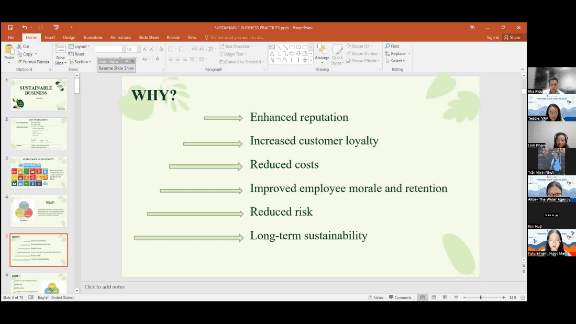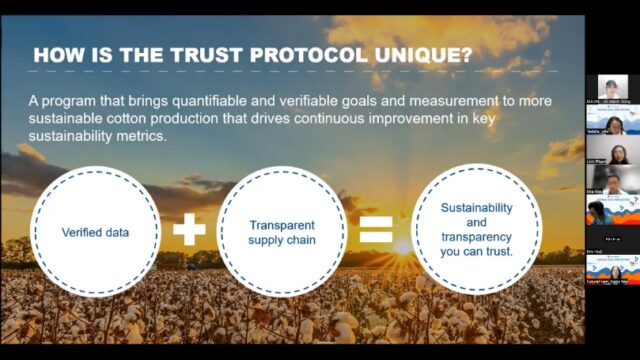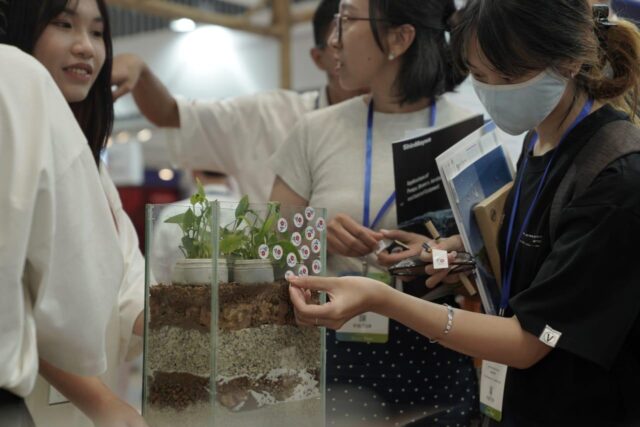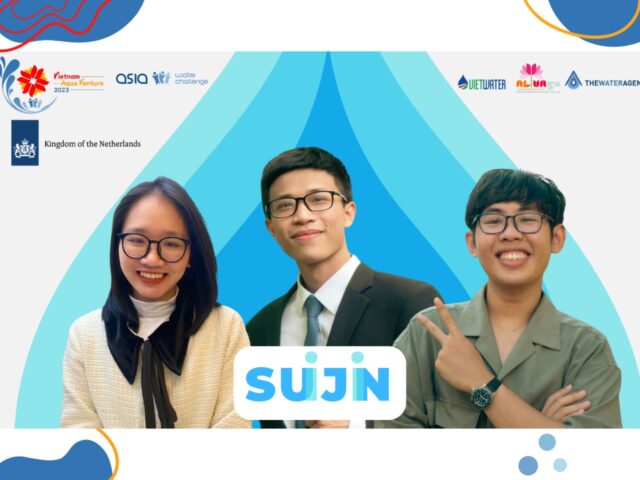Pioneering Sustainability in Water Startups
Incorporating sustainability into startups, particularly those specializing in water-related technologies and solutions, takes on importance in the face of our planet’s mounting water challenges. As the world grapples with increasing populations, urbanization, and the relentless impacts of climate change, issues of water scarcity and pollution have surged. Within this context, sustainable startups within the water sector emerge as pivotal actors in combatting these challenges. They are at the forefront of developing groundbreaking technologies and adopting responsible practices aimed at curbing water consumption, elevating water quality, and advocating for judicious water management. By infusing sustainability into the very core of their business models, these startups not only contribute to safeguarding this finite resource but also position themselves strategically for success in a world where water conservation and responsible water utilization have become imperatives. Moreover, their commitment to sustainability serves as a magnet for environmentally conscious investors, opens doors to partnerships with like-minded entities, and offers a competitive edge in a market increasingly valuing eco-friendly and water-efficient solutions. In essence, for startups specializing in the water sector, sustainability transcends being merely an option; it stands as a strategic imperative, ensuring both their enduring prosperity and the safeguarding of this crucial resource for future generations.

Navigating the Path to Sustainable Development
This narrative sets the stage for an exploration of sustainable development, guided by the Sustainable Development Goals (SDGs) and their foundational principles. Within this discourse, critical issues such as climate change mitigation, carbon footprint reduction, context-based sustainability, science-backed targets, efficient water, and energy management, as well as meaningful workplace and community engagement, come into focus. It encourages contemplation regarding where to commence the journey toward sustainability, offering an array of options ranging from revisiting employee policies and optimizing supply chains to embarking on energy-efficient initiatives, enhancing recycling efforts, rethinking packaging strategies, and participating in philanthropic endeavors. This narrative leads us to illuminating case studies, spotlighting industry trailblazers like US Cotton, showcasing verified data and supply chain transparency, and SAITEX, an exemplar of the world’s cleanest jeans factory, underscoring the transformative potential of sustainable business practices.

About the Speakers

Mr. Kieu Manh Kha is a supply chain manager in Cotton Council International VN. He brought his expertise in dealing with logistics, maintain product quality, and enforce environmental compliance, all while integrating market research findings to adapt strategies for the Vietnamese market. His sharing of cost efficiency, risk management, and continuous improvement are invaluable for the teams.

Mrs. Pham Thi Thuy Linh is a product manager from Boo Trading Joint Stock Company. Boo Fashion Company shines as a sustainable business model in the fashion industry. With a commitment to eco-friendly practices, they prioritize ethically sourced materials and promote responsible production. Their dedication to reducing environmental impact and supporting fair labor practices makes them a commendable choice for conscious consumers seeking stylish, sustainable clothing options.





